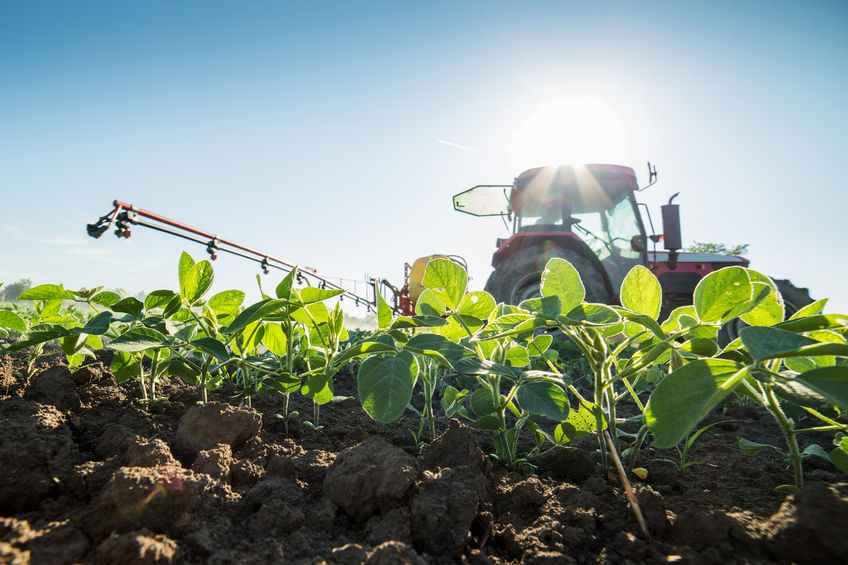
Pesticide use has seen a substantial increase in the UK over the last 40 years, new figures show.
The figures were presented at a Royal Society of Medicine conference on Monday (20 November), titled 'Pesticides and food: is low dose exposure harmful?'
Delegates heard how research has found that pesticide active ingredients, applied to three British crops, have increased between 6 and 18 times.
The data covered British staples wheat, potatoes and onions. Increase in active ingredients applied to these crops range from 480% to 1,700% over the last 40-odd years.
The conference also heard new scientific evidence showing that very low doses of pesticides pose a risk to public health from pesticides in the food supply.
Professor Carlo Leifert, Director at the Centre for Organics Research at Southern Cross University, Australia, presented the research.
He said: “Supermarkets recognise there is a problem with some pesticides. No farmer likes to spray, but if he is dependent on making money it is very difficult to give up that spray. That is the circular situation we get ourselves into because use of pesticides is embedded in the farming system.”
Peter Melchett, Soil Association policy director, said: “It is frightening to learn just how many aspects of the pesticides we eat in our food are untested by pesticide safety regimes around the world, including in Europe.”
However, a long-term study recently published concluded the opposite. It explained that there is no link between exposure to the herbicide glyphosate and cancer.
It monitored the health of nearly 90,000 people in Iowa and North Carolina from 1993 to 2010, including farmers licensed to apply pesticides to their crops, and their spouses.
The researchers said that among more than 54,000 pesticide applications taken into account in the study, 83 per cent contained glyphosate. Yet they found no significant increase in cancers among those exposed to the chemical.
